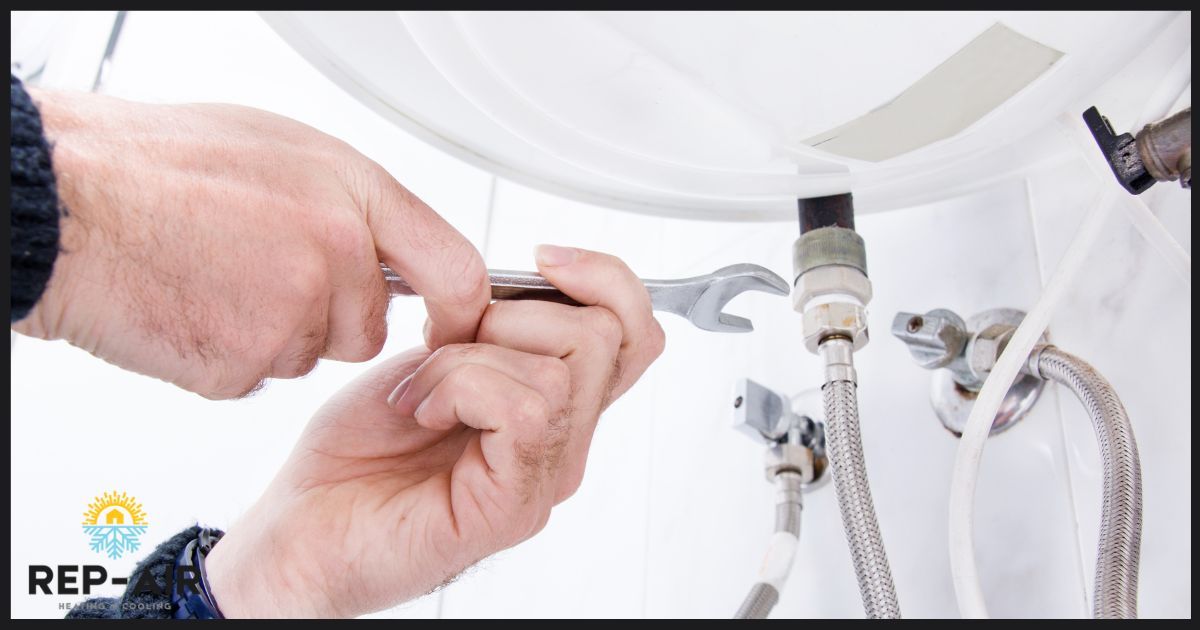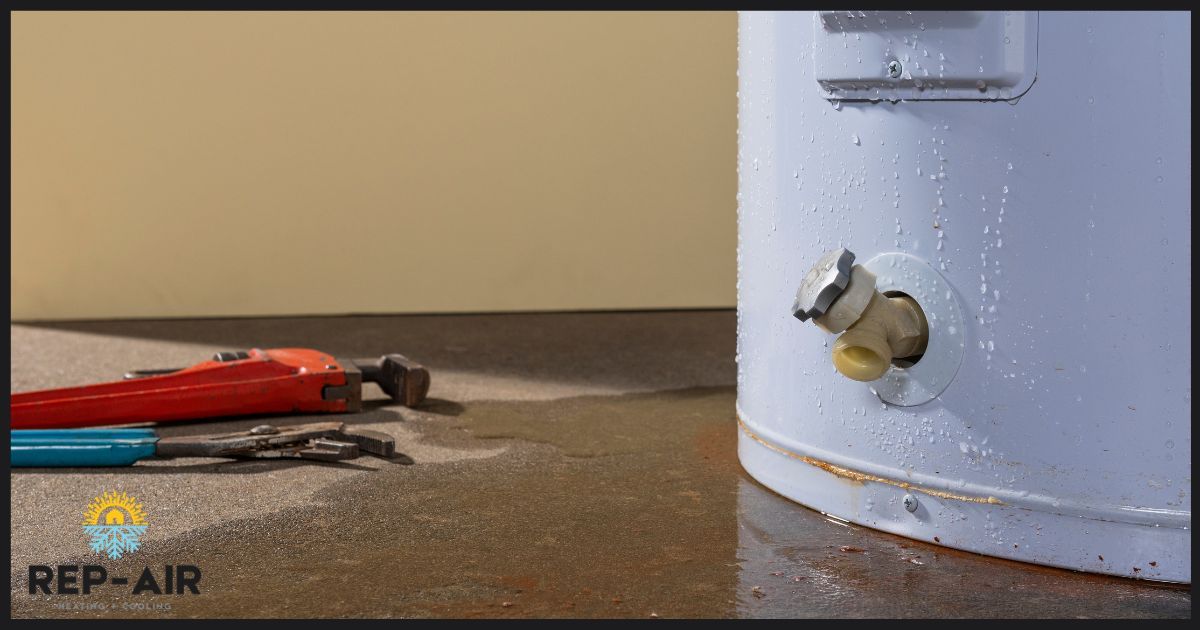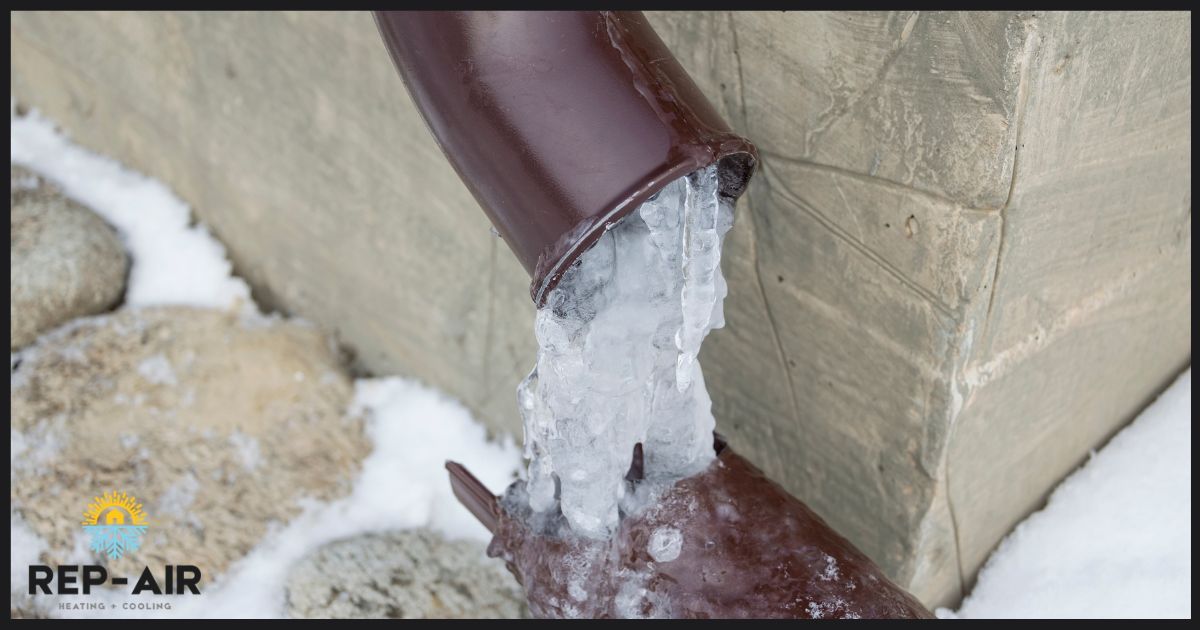5 Common Summer Plumbing Problems
Plumbing Issues Homeowners In Mission, B.C. Experience
The summer months are full of activities for each home, whether backyard BBQ’s or family vacations. No matter if you spend the summer at home or away, it is important your home is properly prepared for the season. Many homeowners focus on getting their air conditioner in check, and while that is essential, don’t forget about your plumbing too! In this article, we discuss five common problems homeowners experience with their plumbing in Mission, BC.
1. Clogged Disposal Unit
Hosting a barbeque or another summer gathering means more food preparation alongside more waste. That includes everything from grease, oils, and fatty substances to items not for the garbage disposal (like bones, eggshells, and coffee grounds) passing through it. All of these waste items can clog your garbage disposal and result in plumbing repair in Mission, BC.
2. Backed-Up Sewage Lines
Heavy rainstorms in the spring and summer allow water to penetrate deep underground. If your pipes have cracks or holes, water gets in, along with dirt and rocks that clog the sewage line and allow backflow.
These summer showers also promote growing tree roots that penetrate your pipes, causing a similar concern. A local plumbing company in Mission, BC, such as Rep-Air Heating and Cooling, can inspect your plumbing lines for other imperfections while unclogging your sewer.
3. Washing Machine Overload
Higher temperatures mean more time in nature, which means more dirty clothes and water-drenched swimsuits. That also means more loads of laundry that place constant pressure on washing machines.
Overuse prematurely deteriorates your washer and promotes clogs from detergent and other improperly drained contaminants. These contaminants lead to overflow or a pipe leak that needs professional plumbing repair to prevent safety issues.
4. Sprinkler Malfunctions
Whether your sprinklers are for a greener-looking yard or your kids’ summertime fun, the holes in the sprinkler head easily clog with kicked-up dirt, grass clippings, and other debris. Use a wet cloth to remove imperfections, but if deeper, trust a Rep-Air specialist to remove the culprits. Prevent future clogs by:
- Not watering in windy weather
- Placing a filter on your sprinkler system
- Calling for regular maintenance once a year for debris removal
5. Toilet Clogs
Toilet clogs occur when non-flushable items enter the drain, like excessive toilet paper, baby wipes, diapers, and hygiene products. When you have house guests and the kids are on summer vacation, there are more people to remind of this rule. If they forget, plunge the drain free and consider snaking it, but for tougher clogs, a professional will:
- Use a longer auger for deeper clogs
- Use a safe solution to break down the waste
- Hydrojet with high water pressure
Contact Us For Plumbing Repair In Mission, BC!
The Rep-Air team of professionals specializes in HVAC, plumbing, and electrical services in Mission, BC and surrounding areas. Our five-star technicians conduct efficient services and repairs for all plumbing problems the summer throws your way. Rather than take on a dangerous DIY project, call 833-242-6416 for a plumbing repair in Mission, BC, and surrounding areas today!



